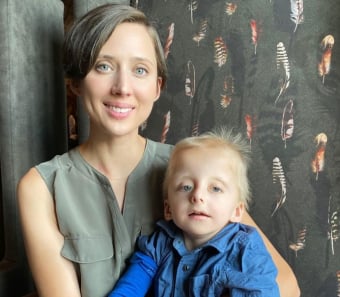MANBA sequencing is a molecular test used to identify variants in the gene associated with Beta-mannosidosis.
3 weeks
81479
$1,000
Beta-mannosidosis is one of the glycoproteinosis disorders, a subcategory of very rare lysosomal storage diseases. Patients with beta-mannosidosis typically have some degree of developmental delay or intellectual disability. Most of these patients have mild or no dysmorphic features. Behavior abnormalities, angiokeratomas, seizures, demyelinating peripheral neuropathy, and deafness have all been reported in association with beta-mannosidosis.
This test can be used to confirm a suspected Beta-mannosidosis syndrome diagnosis Molecular analysis of the gene for Beta-mannosidosis (MANBA) is also available for identification of the causative mutation within a family, carrier status and prenatal diagnosis.
Sanger Sequencing
The preferred sample type is 3-5 ml of peripheral blood collected in an EDTA (purple top) tube. Extracted DNA, dried blood spots, and saliva are also accepted for this test. Saliva samples must be submitted in an approved saliva kit. Contact the lab to receive a saliva kit or to have one sent to your patient.
The specimen should be kept at room temperature and delivered via overnight shipping. If shipment is delayed by one or two days, the specimen should be refrigerated and shipped at room temperature. Do not freeze the specimen. Samples collected on Friday can be safely designated for Monday delivery.
Prenatal diagnosis is available if the familial mutations are known. Additional fees for cell culture and maternal cell contamination may apply. Maternal cell contamination studies are required for all prenatal molecular tests. Contact the laboratory prior to sending a prenatal specimen.
Call our laboratory at 1-800-473-9411 or contact one of our Laboratory Genetic Counselors for assistance.
Robin Fletcher, MS, CGC
Falecia Thomas, MS, CGC
Alex Finley, MS, CGC
